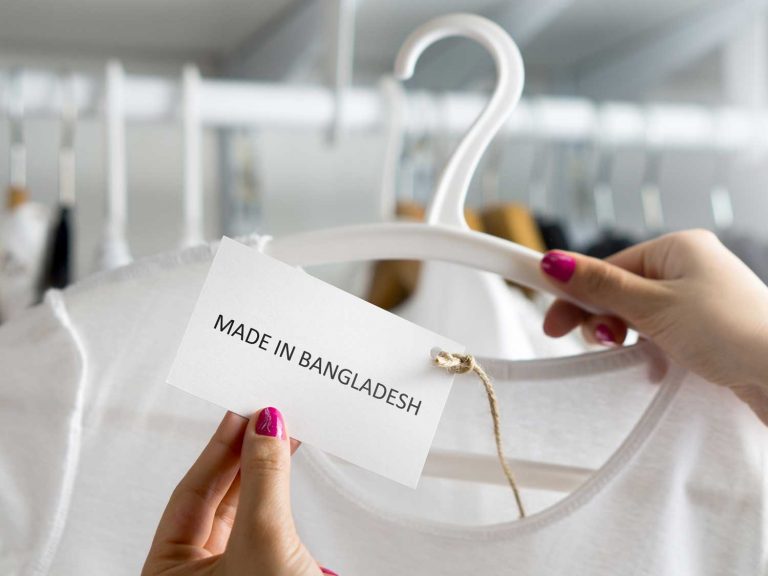
Date:
Apparel factories face closure
As millions of garment workers face uncertainty globally because of cancelled orders amid the COVID-19 pandemic, nearly half of the world’s leading clothing brands have yet to publicly claim financial responsibility for finished garments.
Apparel factories in Bangladesh are still running at half-capacity after orders dried up, and bosses remain pessimistic about the likelihood of new orders any time soon.
President of the Bangladesh Garment Manufacturers and Exporters Association told The Loadstar only 50% of normally expected orders were coming in and is not expected to return to full capacity before spring of 2021.
While brands and retailers scramble to cope with the business implications of the coronavirus pandemic and impending recession, order cancellations could see supply chains grinding to a halt in developing countries.
In April and May, many Bangladeshi factories announced lay-offs as western buyers cancelled or suspended work orders worth billions of dollars, with many factories stuck with stockpiles of raw materials worth millions.
This disruption impacts all along global value chains, from suppliers of raw materials and intermediate goods through to brands and retailers.
Meanwhile Chittagong port, is still experiencing acute congestion, with 22 container vessels waiting at the outer anchorage, while 11 more were at berths.
Some 42,706 TEU of containers were lying at the port yard, while its total storage capacity is just 49,018 TEU.
The pandemic has heavily hit brands and retailers who were about to market their summer collections, with tons of product piling-up, waiting for trade flows to pick up again.
They will have to play catch-up, with product development and production lead times shorter than ever.
Brands and retailers will need to recalibrate their relationships with suppliers, basing them not on transaction costs but on relationships and the principles of ethical trade. Business as usual is no longer an option.
